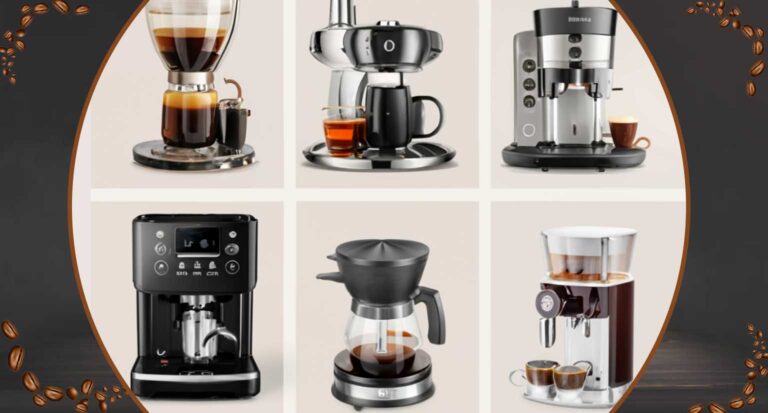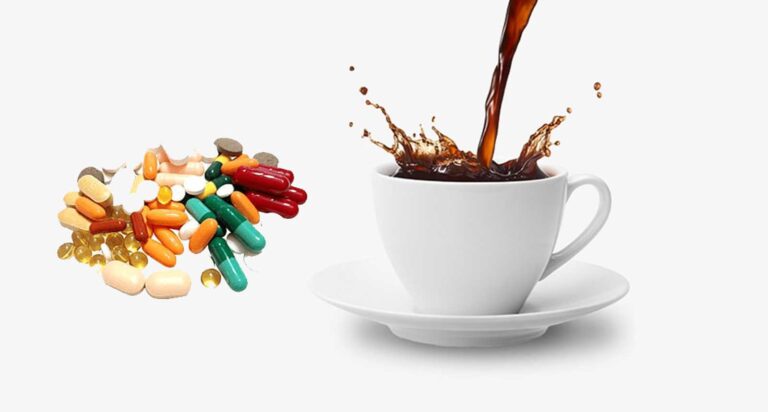How Coffee Affect Blood Pressure: 5 Key Insights You Need to Know
how coffee affect blood pressure In the realm of dietary habits, few beverages spark as much debate and intrigue as coffee. For many, it’s a morning ritual, a source of comfort and a kickstarted for the day ahead. However, the effects of coffee on health, particularly its impact on blood pressure, remain a topic of interest and concern.
The interplay between coffee and blood pressure levels reveals a complex relationship that extends beyond mere caffeine consumption. The nuances of how coffee affects blood pressure and unravel the insights that guide both coffee enthusiasts and health conscious individuals.
Is Coffee Bad for High Blood Pressure?
For years, coffee has been a subject of scrutiny, particularly concerning its impact on blood pressure. The association between coffee consumption and high blood pressure has sparked concerns and debates among health enthusiasts and medical professionals alike.
Contrary to popular belief, recent studies have challenged the notion that coffee is inherently detrimental to individuals with high blood pressure. While it’s true that caffeine can temporarily elevate blood pressure levels, the long term effects are more nuanced and multifaceted.
Research suggests that habitual coffee drinkers may develop a tolerance to the acute effects of caffeine, leading to minimal alterations in blood pressure over time. Moreover, the relationship between coffee and blood pressure appears to vary based on individual factors such as genetics, overall health status and lifestyle choices.
Understanding the broader context of coffee consumption and its impact on blood pressure empowers individuals to make informed decisions about their dietary habits and cardiovascular health.
Is Coffee Good for Low Blood Pressure?
While much attention has been devoted to understanding the effects of coffee on high blood pressure, its relationship with low blood pressure remains a topic of interest and inquiry.
For individuals with low blood pressure, the stimulatory properties of coffee may offer certain advantages. The caffeine content in coffee has the potential to temporarily elevate blood pressure levels, providing a brief respite for those experiencing symptoms of hypotension or low blood pressure.
Moreover, the invigorating nature of coffee can help alleviate feelings of dizziness, fatigue and lightheadedness associated with low blood pressure episodes, enabling individuals to function more comfortably throughout the day.
However, it’s important to approach coffee consumption with moderation, particularly for individuals with underlying health conditions or sensitivities to caffeine. While coffee may offer transient relief for low blood pressure symptoms, excessive intake can lead to undesirable side effects and disruptions in overall well being.
As with any dietary choice, consulting with a healthcare professional can provide personalized guidance and recommendations tailored to individual health needs and circumstances.
How Long Does Coffee Raise BP?
The duration for which coffee raises blood pressure levels can vary based on several factors, including individual sensitivity to caffeine, dosage and frequency of consumption.
Typically, the acute effects of caffeine on blood pressure manifest within minutes after consumption and may persist for several hours. Research indicates that the peak rise in blood pressure occurs approximately 1 to 2 hours post ingestion, coinciding with the maximum concentration of caffeine in the bloodstream.
However, it’s essential to recognize that the duration of coffee’s blood pressure elevating effects is transient and tends to diminish over time as the body metabolizes caffeine and adapts to its presence.
For most individuals, the acute increase in blood pressure following coffee consumption gradually subsides as the caffeine is metabolized and excreted from the body. Typically, blood pressure levels return to baseline within 3 to 6 hours, although individual variations may occur.
It’s important to note that habitual coffee drinkers may develop a degree of tolerance to caffeine’s acute effects on blood pressure, potentially experiencing milder or less prolonged elevations compared to occasional consumers.
The temporal dynamics of coffee’s impact on blood pressure empowers individuals to make informed choices regarding their caffeine intake and its implications for cardiovascular health.
Advantages and Disadvantages of how coffee affect blood pressure
Advantages
Temporary Blood Pressure Elevation
Coffee can temporarily raise blood pressure levels, potentially offering relief for individuals experiencing symptoms of low blood pressure.
Mental Alertness
The stimulatory properties of caffeine in coffee can enhance mental alertness and cognitive function, promoting productivity and focus throughout the day.
Antioxidant Benefits
Coffee is rich in antioxidants, which have been associated with various health benefits, including cardiovascular protection and inflammation reduction.
Social and Cultural Value
Coffee serves as a social and cultural beverage, fostering community engagement and providing moments of relaxation and enjoyment.
Pleasurable Experience
For many individuals, the aroma, taste and ritualistic aspects of coffee consumption contribute to a pleasurable sensory experience that enhances overall well being.
Disadvantages
Transient Blood Pressure Spikes
The acute elevation in blood pressure following coffee consumption may pose risks for individuals with hypertension or cardiovascular conditions, potentially exacerbating existing health concerns.
Sleep Disruption
Consuming coffee, especially in the afternoon or evening, can disrupt sleep patterns and contribute to insomnia or restless sleep, negatively impacting overall health and well being.
Dependency and Withdrawal
Regular coffee consumption can lead to caffeine dependence, characterized by withdrawal symptoms such as headaches, irritability and fatigue upon cessation of intake.
Gastrointestinal Distress
Coffee’s acidic nature and caffeine content may contribute to gastrointestinal discomfort, including acid reflux, heartburn and stomach irritation, particularly in individuals with sensitive digestive systems.
Interference with Medications
Coffee consumption may interfere with certain medications, diminishing their efficacy or exacerbating side effects, necessitating caution and consultation with healthcare providers for individuals on medication regimens.
Understanding the nuanced interplay between the advantages and disadvantages of coffee’s effects on blood pressure empowers individuals to make informed decisions regarding their dietary habits and overall health management.
Conclusion
The impact of coffee on blood pressure is multifaceted and influenced by various factors, including individual sensitivity to caffeine, dosage and frequency of consumption. While coffee can temporarily elevate blood pressure levels, its long term effects and implications for cardiovascular health remain subjects of ongoing research and debate.
How coffee affect blood pressure empowers individuals to make informed choices about their dietary habits and overall well being. Whether seeking a morning boost or mindful of health concerns, moderation and awareness are key.
By navigating the complexities of coffee consumption responsibly, individuals can strike a balance that promotes both enjoyment and cardiovascular wellness.







